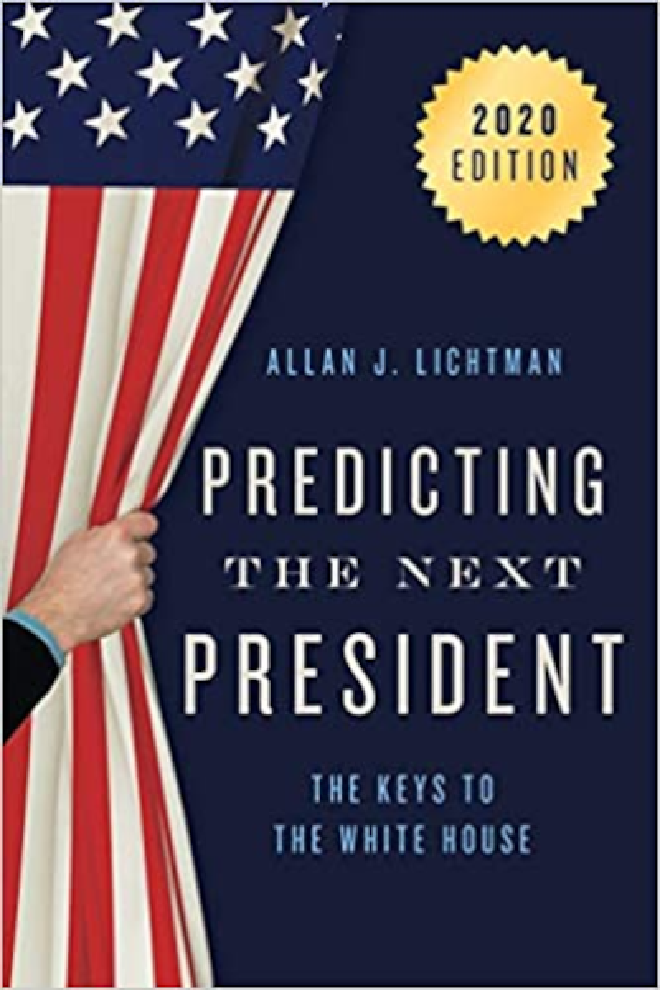July 19, 2024
Unity is key to a Democratic win #
What does history suggest about election outcomes? Will 2024 be like 1968, a year in which Lyndon Johnson, president of the incumbent Democratic Party, did not seek reelection? In the summer of 1968, there was a floor fight at the Democratic National Convention, and the Republican candidate for president, Richard Nixon, won election in the fall.
The historian Allan Lichtman (2020) has identified thirteen factors that predict the outcome of US presidential elections. He calls these the “Keys to the White House.”
In an interview from October 5, 2020, Lichtman explained that his keys focus almost entirely on the record of the incumbent party. They do not reflect polls or campaign events. Nor do they concern political messaging or debate performance. Furthermore, Lichtman treats all thirteen keys as equally important.
While we find historical research interesting and informative, we must respectfully disagree with portions of Lichtman’s approach to election forecasting. We argue that campaign messaging and candidate debates can indeed influence elections.
In addition, our research from 2020 showed that party contest is by far the most important key, with incumbent charisma being the least important key. We provide research results under Historical Approach to Forecasting.
Lichtman himself noted the importance of party contest in a July 10, 2024 interview on the David Packman show: Trump likely winner if Biden is replaced.
What about the 2024 presidential election?
Many of Lichtman’s keys favor the incumbent party in this year’s election, suggesting that Democrats will retain the White House. What is uncertain at this time is the coding of the most important key, party contest.
The Democratic National Convention is set for August 19–22, 2024. Will there be a floor fight? Will there be a serious contest for the Democratic Party’s nomination? Or will the winning candidate garner at least two-thirds of the delegate votes on the first ballot? Answers to these questions will determine the setting of the party contest factor in predictive models for the election.
We recently fit a machine learning model to data from forty-one presidential elections (1860 through 2020). We used this model to predict the probability of the Republican challenger (Donald Trump) winning against an incumbent Democratic candidate (Joe Biden, Kamala Harris, or another candidate). The model suggests that the Democratic Party will surely keep the White House if Joe Biden remains the party’s candidate for president and there is no party contest. If the nominee is not Biden and there is a party contest, then the Democratic Party’s prospects are not nearly as good. Does party contest make a difference? Yes.
If there is no party contest, then the Democratic Party has a 95% chance of winning in the Electoral College. With a party contest, on the other hand, the Democratic Party has only a 51% chance of winning.
Will this historical model, bolstered by machine learning, prove correct? Time will tell.
Lichtman’s Book #

- Lichtman, Allan J. 2020. Predicting the Next President: The Keys to the White House. Lanham, Maryland: Rowland & Littlefield. [ISBN-13: 978-1538148655] Publisher Link.
The Virtual Tout® listens to many contributors to political discussion. We attend to many data sources. We post research results, election forecasts, and political commentary on this site.
See the log of Blog postings.
The most recent news is on the home page.